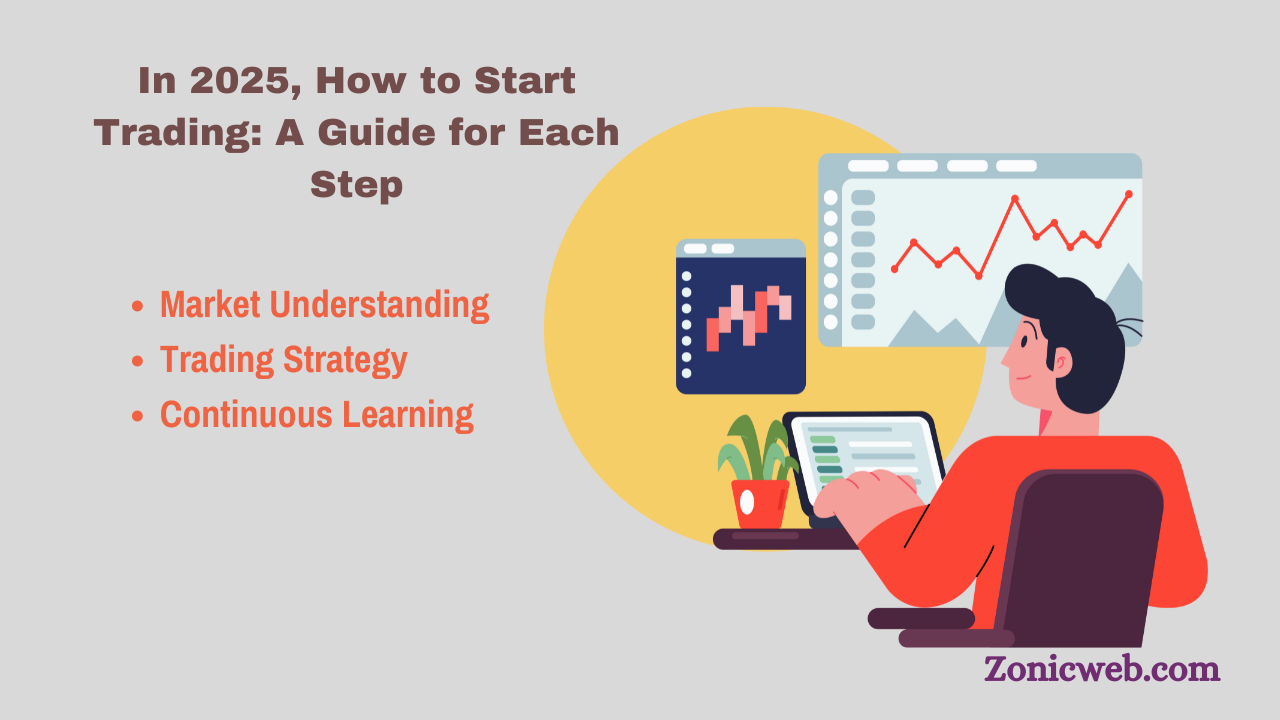A thoughtful approach is required to begin trading in 2025, particularly in light of the rapidly changing financial landscape. The first thing you should do before you start trading is learn about the various markets, such as stocks, commodities, forex, and cryptocurrencies. Before investing any capital, it is essential to comprehend each market’s distinct characteristics, risks, and opportunities.
The next step is to determine your trading objectives. Are you interested in trading as a full-time career, a side income, or saving for retirement? Whether you choose to trade day, swing, or long-term, your goals will have a significant impact on your trading style. It’s also important to know your risk tolerance because it helps you decide how much money you can risk on trades.
The next thing you need to do is select a dependable trading platform after you have established a solid understanding base. In 2025, numerous user-friendly online brokerages with low commissions, instructional materials, and advanced trading tools are available. Take your time and compare various platforms, taking into account things like costs, assets available, and customer support. You can practice trading with virtual money using demo accounts, which are available from the majority of platforms. This is a useful way to build your confidence and skills without taking a financial risk.
You will need to develop a trading strategy once you have chosen a trading platform. Entry and exit points, position sizes, and rules for risk management should all be part of a well-defined strategy. While some traders may rely on fundamental analysis, which focuses on economic data and company performance, others may use technical analysis, which involves studying price charts and indicators. Having a plan is essential for staying disciplined and minimizing emotional decision-making, regardless of the method you choose.
Keep a journal to record your trades and strategies as you begin trading. You will be able to analyze your performance over time, discover patterns, and learn from both your successes and failures with this practice. Maintaining a reflective practice will assist you in remaining grounded and focused during trading, which can be a rollercoaster of emotions.
It’s critical to stay up to date on market news and trends in addition to your trading activities. To keep up with changes that could affect your trades, subscribe to relevant newsletters, follow reputable financial news sources, and participate in trading communities. Networking with other traders can also give you helpful advice and insights.
Finally, maintain persistence and patience. Trading is not a scheme to make money quickly; It takes practice, time, and an open mind to learn. Consider losses as opportunities to enhance your strategy and acknowledge that they are a part of the process. You can establish a foundation for long-term market success by trading with discipline and knowledge.
